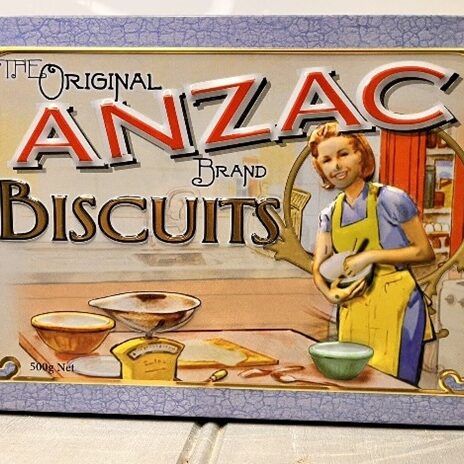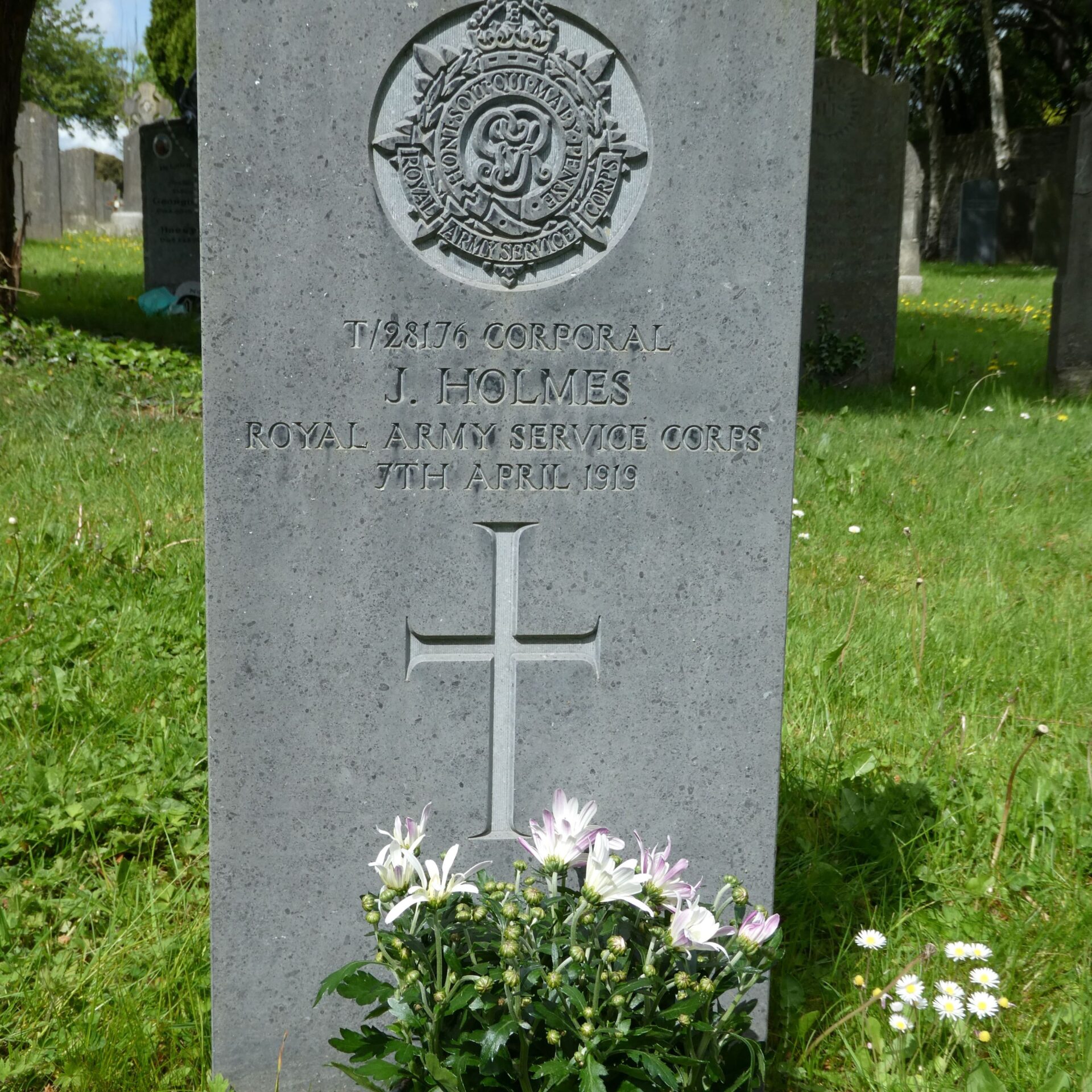What is oral history and why is it important?
An oral history occurs when an individual plans and records the spoken recollection of another individual. Through an oral history record, a version of the past is captured for the benefit of future generations, in a way which preserves the voices, accents and vocabularies of individuals interviewed. Guide to Recording Oral Histories, the Australian War Memorial (n.d.)
As a child I remember listening with interest to stories of my grandparents. How my grandfather went to Greenland on fishing trawlers, my grandmother opening a Christmas present as a child. Their experiences of life have stayed with me long after they’ve gone. Like many people interested in family history, my regret is that the stories were never written down or recorded.
My mother-in-law is a sharp 90-year-old who I had the pleasure of recording her experiences as a child growing up on a farm in Wiltshire, England during World War 2. The experiences she spoke about seemed quite foreign even to me. I wonder what her great-grandchildren will think of hearing her voice and her unique experiences.
Oral history is not just about asking a few questions. It’s a real skill that requires research and planning. Here are some guidelines to help you get the best outcome with your narrator.
Here are some basic etiquettes and preparation when conducting an oral history interview.
- Do most of the research before the interview. Knowing the topic is a great way to feel confident.
- Preparation is key: make sure pens, spare batteries, recording device and questions are ready.
- Pick a good location that is quiet and comfortable.
- Establish a level of trust, and be punctual and courteous.
- You have the person’s attention so make sure that you are listening.
- Ask clear and concise questions, and use a mix of closed and open-ended questions.
- Remember, it takes time and practice to conduct an interview.
Here are some questions that you may like to ask your narrator. Include asking them about sensations they felt at the time, such as feelings, sounds, and smells.
What is your first memory?
What do you remember about your family home?
What is the happiest/saddest memory from your childhood?
What did your family do for entertainment each night?
Where did you go to school?
What is your best/worst memory from your school years?
What was your first job?
What did you do with your first pay cheque?
Tell me about some of your favourite childhood movies?
How did you meet your husband/wife?
Where were you when (add an important historical event)?
The following websites are a great resource for anyone wanting to gain valuable skills in learning the art of oral history.
- The Oral History Society in the UK is dedicated to the collection and preservation of oral history making it accessible to everyone.
- Oral History Australia (OHA) is a volunteer-run, not-for-profit organisation committed to promoting the ethical practice of oral history in Australia and overseas.
In the words of 18th century English author Samuel Johnson:
More knowledge may be gained of a man’s character by a short conversation with one of his servants than from a formal and studied narrative begun with his pedigree.
Samuel Johnson


